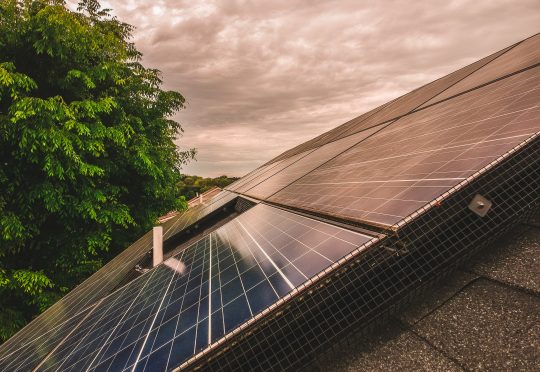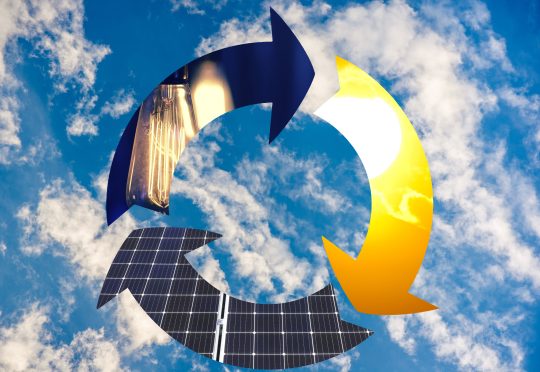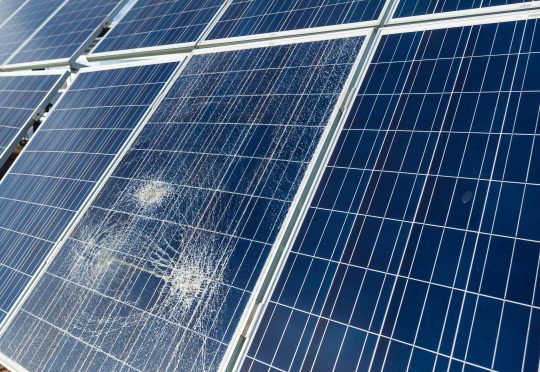
Leasing Vs Buying Solar Panels
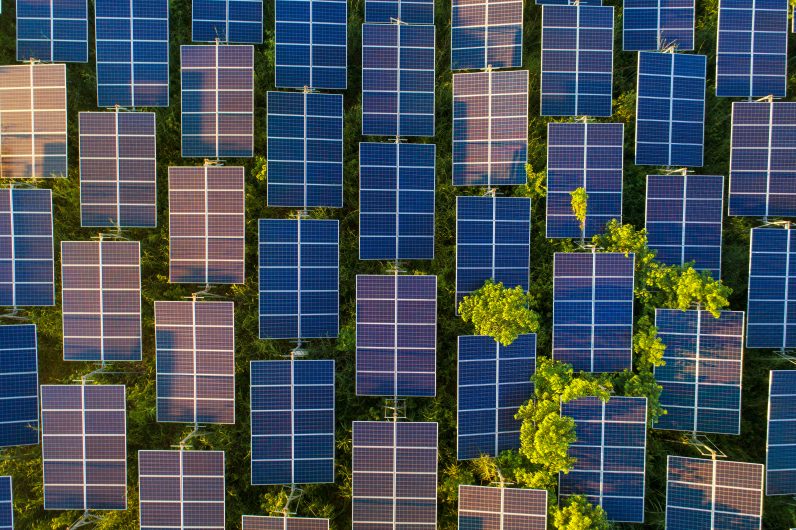
Harnessing the power of solar energy is becoming more and more popular, offering homeowners a greener way to generate electricity. Not only does this renewable energy source reduce carbon emissions, but it can also provide invaluable savings in utility bills over time.
While the initial cost of solar panel installation may not be realistic for some homeowners, it doesn’t make a solar system out of the question. Solar panels are still within reach due to the introduction of solar leases, allowing homeowners to power their homes without breaking the bank.
Solar power systems come with diverse advantages and disadvantages depending on your goals, obligations, and ownership. To make the best decision for your home and wallet, it’s essential to recognize the distinction between solar leasing or buying panels. Knowing this can help ensure you get the most of your investment, so let’s take a look at the pros and cons of each.
What is a Solar Power Lease?
First thing’s first – let’s define what a solar lease means for you. A lease agreement allows you to access renewable power while freeing yourself from costly installation, maintenance and repair costs. Leasing solar panels may be the perfect financial solution for receiving clean energy without committing to long-term ownership. However, just like with any decision there are pros and cons to leasing.
Solar Leasing Pros
Little to No Upfront Costs
If the steep cost of owning solar panels is scaring you away, leasing may be a better option for you. Initially, there is little to no cost. It’s very possible you are able to get solar panels installed for little to no money down.
Avoid Maintenance and Installation Costs
Solar panels provide a low-maintenance source of clean energy, but that doesn’t mean owners can forgo maintenance completely. With a lease, any problems concerning the equipment fall to the third-party provider – leaving only occasional debris cleaning as your responsibility. Homeowners who choose to lease solar panels are often provided a complimentary setup, continual, upkeep and monitoring as well as a warranty to make the process as smooth as possible.
No Tax Liability Necessary
In order to benefit from the federal solar tax credit, you need to owe federal income tax in order for the amount you owe to be reduced through the credit. In the event that you don’t have enough tax liability to capitalize on the credit, leasing solar panels might make more sense. The solar company you choose to work with can capture the value of the tax credits which translates to a reduction in monthly payments for customers.
Solar Leasing Cons
Not Eligible for Incentives and Rebates
Solar leasing may not be the best choice for everyone. If you have access to valuable cash-based incentives, it could be worth purchasing your own solar system instead. Depending on where you live, this option could help you save significantly and make installing a solar system much more economical.
Difficulty Selling Home
Since lease terms of a panel typically last 15-25 years, it’s common that homeowners will inevitably have to relocate before the lease is up. Solar panels are often an attractive feature when buying a home, however if they are leased rather than owned it can make the transition more complex. If you’re unable to transfer the lease or relocate the panels, additional costs may be incurred in order to terminate any existing contract between the buyer and seller.
Reduced Savings
Leasing solar panels may seem like an attractive option at first, with instant savings on your energy bills. However, in the long-term you won’t reap as many rewards compared to owning them outright – so it’s important to keep this in mind when making your decision.
Buying Solar
Regardless of if you’re buying your solar panels up front or financing your system over several years, we’ve compiled the advantages and disadvantages for choosing ownership.
Buying Solar Pros
Long Term Savings
Purchasing solar panels offers more freedom, since you can benefit from monthly utility savings without having to pay for a leasing agreement. Investing in your own solar panels is an ideal solution if long-term sustainability is what you are aiming for.
Tax Credits and Incentives
When making the switch to solar, tax credits can reduce costs significantly. By taking advantage of federal and state tax credits, as well as local net metering programs – you could see huge savings on your electricity bill. Local net metering programs allow customers to pay lower rates for their energy use during peak times by providing excess panel generated electrical capacity back onto public utility grids.
Customers who choose to lease from a solar installer do need approval from the installer in order to take advantage of these opportunities. If you choose to lease panel from a company rather than buying them, it’s important to be aware that they will receive most financial benefits.
Easy Home Selling Process
When you commit to buying your solar panel system outright, ownership belongs completely to you. This makes selling your home a much smoother process if it comes to that. Often, solar panels actually increase your home value when it comes time to sell. Solar attracts green home buyers looking to reduce their greenhouse gas emissions. In addition, solar-powered houses are most likely less expensive to operate than their nonsolar counterparts, which becomes an important financial factor when house hunting.
Buying Solar Cons
Steep Initial Investment
Owning solar panels can be an expensive endeavor, and it’s certainly not for everyone. If you do not have the available funds for a cash purchase up front, then you will pay more over the life of your loan in interest. It’s also important to note that in order to qualify for a solar loan, you typically need to be in good standings financially as well.
More Insurance Necessary
Investing in solar may require additional property coverage, which could mean more expensive premiums. This is definitely a cost implication to consider before committing to buying your own solar system.
Debatable ROI
Solar panels provide a great financial opportunity for long-term homeowners, however their resale value may be lost on buyers who don’t recognize the potential savings from a solar powered home. If you decide moving your solar panels is the best option for your situation, the average cost to do so is $4,000-8,000.
Final Thoughts
Deciding how to power your home with clean and renewable energy can be overwhelming. Understanding the different possibilities between purchasing or leasing a solar system is key in selecting which option works best for you, based on your household budget and needs. With the above pros and cons of buying and leasing considered, we hope you are able to make an informed decision.
Continued Reading
-
 26 April, 2023 < 1 MIN READ8 Common Causes of Solar Panel Damage
26 April, 2023 < 1 MIN READ8 Common Causes of Solar Panel Damage -
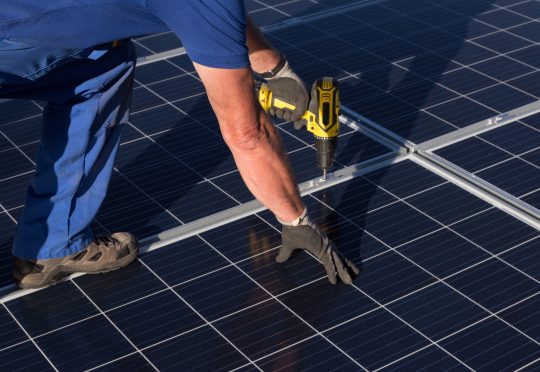 26 April, 2023 < 1 MIN READ12 Questions to Ask a Solar Installer
26 April, 2023 < 1 MIN READ12 Questions to Ask a Solar Installer -
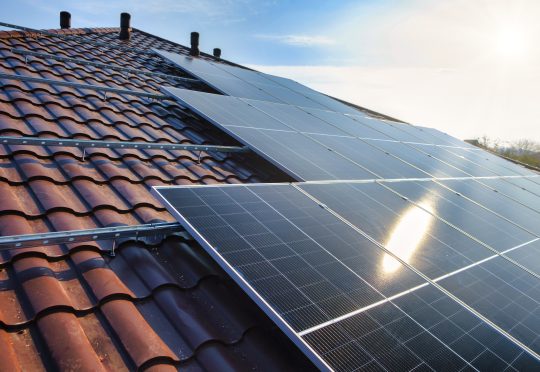 26 April, 2023 < 1 MIN READAre Solar Panels Worth it in 2023?
26 April, 2023 < 1 MIN READAre Solar Panels Worth it in 2023? -
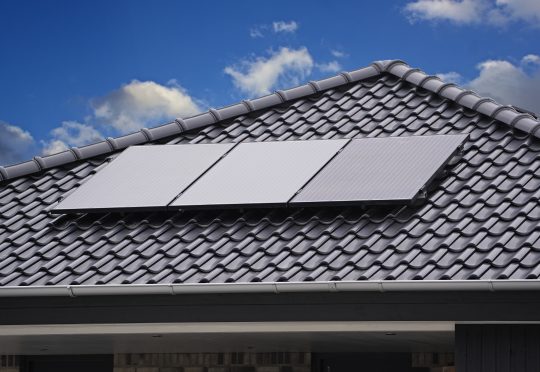 26 April, 2023 < 1 MIN READDo Solar Panels Increase Home Value?
26 April, 2023 < 1 MIN READDo Solar Panels Increase Home Value?

